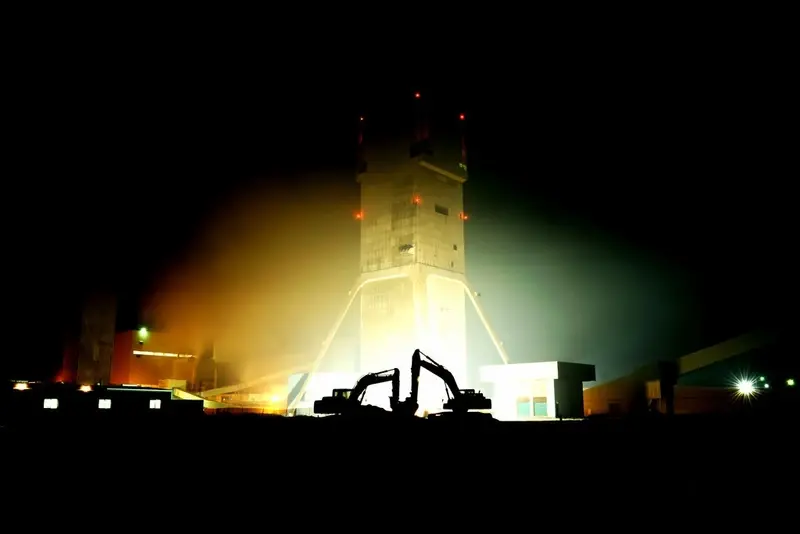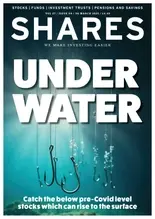
Investors in Sirius Minerals (SXX:AIM) have breathed a sigh of relief after the UK-based miner secured financing of up to £25 million with an undisclosed 'New York-based institutional investor', thereby ending fears that a heavily-discounted share placing may be on the cards. Although it gives Sirius cash to maintain developments for its $1.7 billion project, there's growing market uncertainty around the health of the potash industry which suggests today's share price rally, up 1.9% to 13.25p, could be difficult to sustain in the short-term.
After enjoying a strong start to the year, numerous delays to the planning decision for its York potash project has seen Sirius' share price fall sharply.
The decline has been exacerbated by a negative report from consultant Amec (AMEC) which questioned whether the mine was worth building given uncertainties over the potential economic benefits. The matter was made even worse when a Russian potash cartel was broken up after industry giant Uralkali (URKA) decided to leave a joint venture which controlled 43% of global potash exports. Analysts reckon the move will increase price competition in the industry and therefore paints a negative outlook for potash providers.
There's now considerable concern about the future of the industry. German producer K+S last week (6 Aug) withdrew its profit guidance for 2013 because of the likely impact that Uralkali's withdrawal from the Russian venture will have on global potash prices. Israel Chemicals said on 7 August that Uralkali's move could change potash market dynamics and create pressure on potash margins. BHP Billiton (BLT) is reported to be under pressure from shareholders not to advance its $14 billion Jansen potash project in Canada.
Investment bank Jefferies last week downgraded Sirius from 'buy' to 'underperform'. It is worried about funding hurdles, given the weaker outlook for potash prices and investor concerns about the sector. 'We fear that Sirius faces a rising challenge as potash markets and prices re-set in a post-cartel world,' writes the bank.
Sirius is seeking to sell a product called polyhalite at $150 per tonne. Jefferies reckons the possible drop in the potash price from $400 per tonne to $300 per tonne, as indicated by Uralkali, could see Sirius get less than $150 per tonne for its polyhalite. At $125 per tonne, Jefferies reckons Sirius' project net present value is a mere $176 million, which equates to 9p per share.
Liberum Capital says polyhalite dropping to $100 per tonne would take its current fair value for Sirius down from 36p to 20p per share.
Jefferies reckons today's new finance facility suggests that 'Sirius management is preparing for what may be a long slog ahead as delays to project approvals drag on and development timeline remains unclear.'
VSA Capital today places its stock recommendation and price target under review for Sirius. It doesn't expect much progress over the remainder of the year and believes 'the level of uncertainty has increased over the past month'.
It is fair to say that Sirius has already proved one of Jefferies' concerns wrong, in that it hasn't struggled to raise a slug of extra cash. The miner has also shown that Amec is theoretically wrong by saying there isn't a solid end market for polyhalite - Sirius has already locked in sales agreements for 60% of future production through offtake or distribution deals. Nonetheless, it is important to remember that market sentiment can be the over-riding factor for a share price such as Sirius', no matter the positive factors that can be drawn from its situation.




